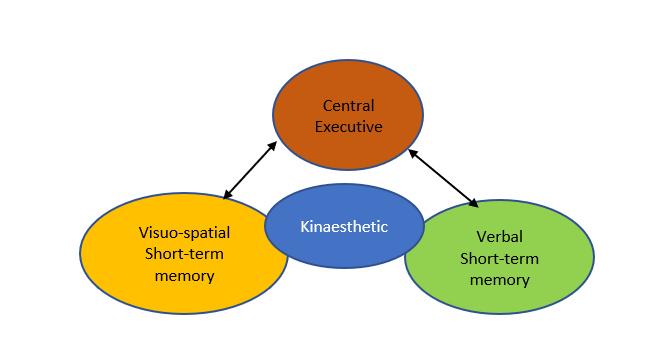Information for teachers: Neil MacKay
In May 2019 we hosted Neil Mackay, an international expert for supporting learners with additional needs.
The day workshop was attended by 80 educators from Invercargill, Central Otago and Otago. Neil is looking to return to NZ in 2021 for more workshops.
Neil spent some time looking at children with learning differences and their common struggle with poor short term memory. He said in the classroom you need to consider the impact of this and whether they have forgotten rather than they can’t do it.
He challenged us to think
- What do I do that makes me easy to learn from?
- What do I do that makes me hard to learn from?
How memory works with learning
Neil presented the latest research on memory which shows it is necessary to incorporate three sources of memory to increase learning. There is verbal short term memory and visual-spatial short term memory and what links these two is kinaesthetic memory (hands on). This kinaesthetic memory component is the important part to help cement the information. For example, by using magnetic letters for learning spelling we have the hands on component in the spelling process..

- Visuo-spatial short term memory stores information in a visual or spatial form
- Verbal short term memory stores information written (you convert this to an inner voice) and spoken information
- Kinaesthetic (episodic) memory is based on time, location and personal experiences.
Some techniques that can be used to help students activate their episodic memories are:
- Display the information around the classroom
- Use colours and symbols
- Use pictures and animations
Characteristics of children with poor working memory
- Poor academic progress. More than 80% of children with poor working memory fail to achieve expected levels of attainment in both reading and maths. (Tracey Alloway, 2010)
- More boys than girls 3:2
- Reserved, especially in large groups of teacher led activities.
- Raises hand then forgets answer
- Withdraw from small group discussions and may appear distracted.
- Tends not to volunteer answers
- Lots of shoulder shrugging to denote a response.
What teachers see in the classroom for a student with poor working memory:
- Makes poor progress
- Low achiever
- Short attention span
- Distractible
- Struggles to monitor quality of own work
- Lack of creativity/problem solving
- Vulnerable self -esteem, frustrated, low motivation.
Classroom strategies to support a learners short term memory include;
- Recognising working memory failures
- Monitor the student
- Evaluate working memory loads
- Reduce working memory loads when necessary
- Repeat important information
- Encourage use of memory aides
- Develop student’s own strategies.
